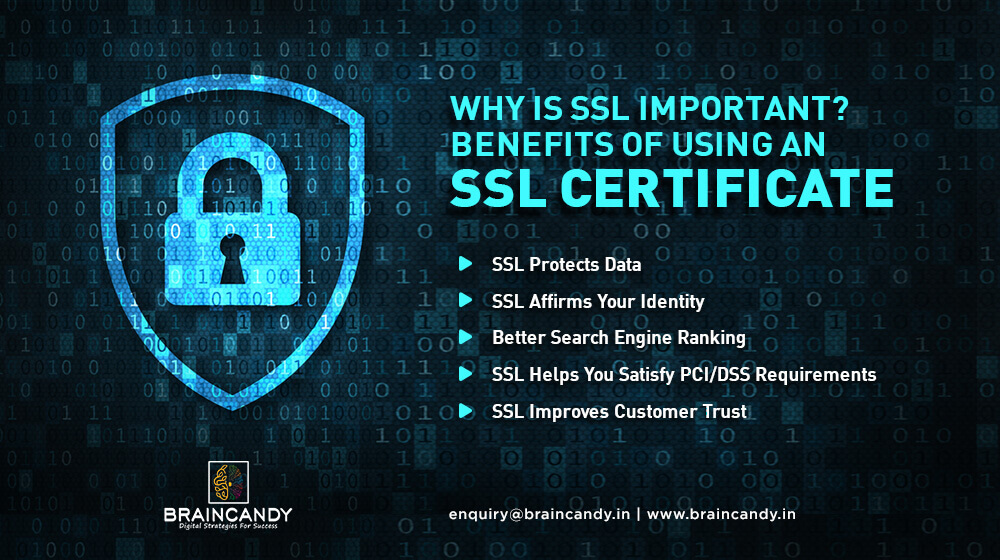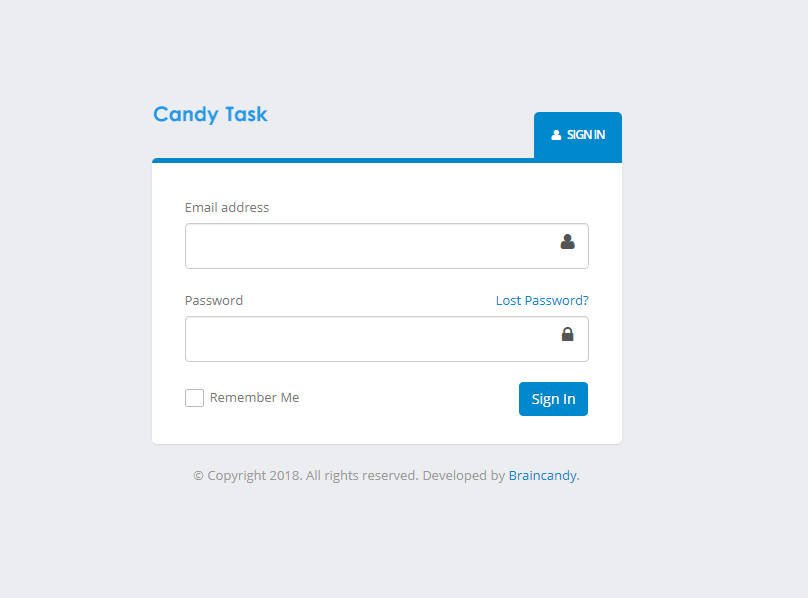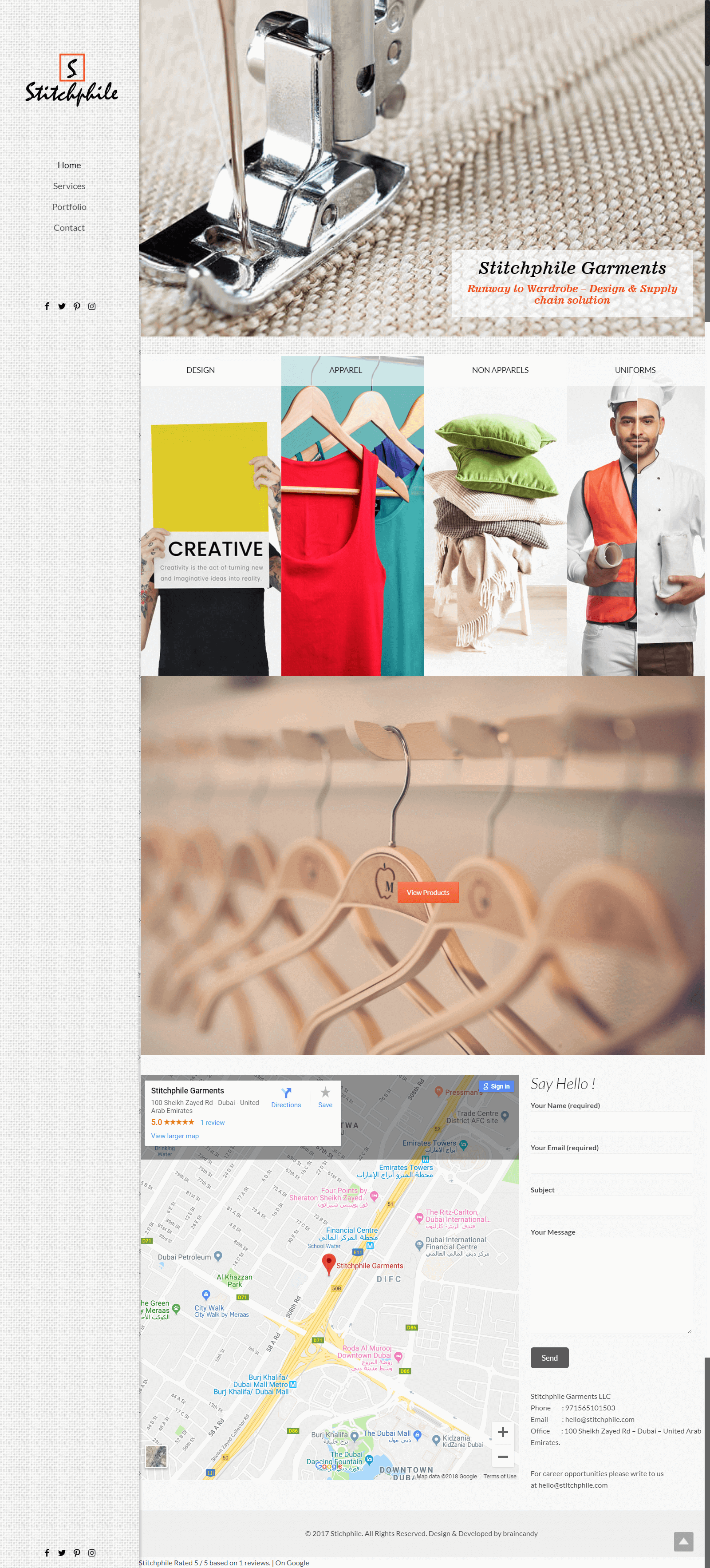- BY braincandy
- POSTED IN Website Design & Development
- WITH 0 COMMENTS
- PERMALINK
- STANDARD POST TYPE


Before the advent of Google, the Internet carried a reputation that was not really one to look forward to say the least. It was largely haphazard, unorganized, covert, misleading and definitely not a place associated with safety or trust in terms of commercial transactions. It was only after the advent of Google and its subsequent rise as the single authoritative force on the Internet that the medium went a gradual transformation and today stands as an alternate reality and almost parallel universe to our real world. Not only is it a brilliant platform but also a great market for business, trade and commerce and thanks to Google’s continuous drive for advocating a certain standard of operation for all active websites, the arrival of Social Media completely changed life today from what we have known it traditionally to be. In order for Google to be able to ensure a safe browsing experience for each and every visitor and to make the Internet a safe, friendly and trustworthy medium, one of the latest changes it has incorporated to the working policies for all active websites in visibility and use, is the implementation and installation of a SSL certificate mandatory on all websites.
So what is an SSL certificate one must be wondering? For the naive and uninitiated, an SSL Security Certification is a standard security and quality assurance validation process. SSL stands for Secure Sockets Layer and using a SSL Certificate on a website automatically implies a safe, secured and protected gateway for browsing and sharing confidential information digitally without compromising on privacy. The technology employed to this effect involves using an encrypted link establishing connect between browser and web server. This way all information passed between the concerned source points remain protected and hidden from public view and access. Any website not adhering to Google’s security policies and continuing to proceed without installing an SSL certificate will be displayed to their visitors with Not Secure Browsing warning on the address bar itself.
Any website not in compliance to security requirements such as installation of an SSL certificate can be held guilty of compromising sensitive and confidential user data and information because of the inability to provide a secure connection to be established.
Providing a secure browsing experience is not only every webmaster’s primary and most important priority as it builds trust and goodwill for the brand amongst the consumers. A secured connection is always protected from cyber crime by keeping user data and other shared sensitive information safe and confidential through every encrypted private session between web server and browser.
More Related Links About SSL Security:
It’S Https Or Bust: How To Secure Your Website












